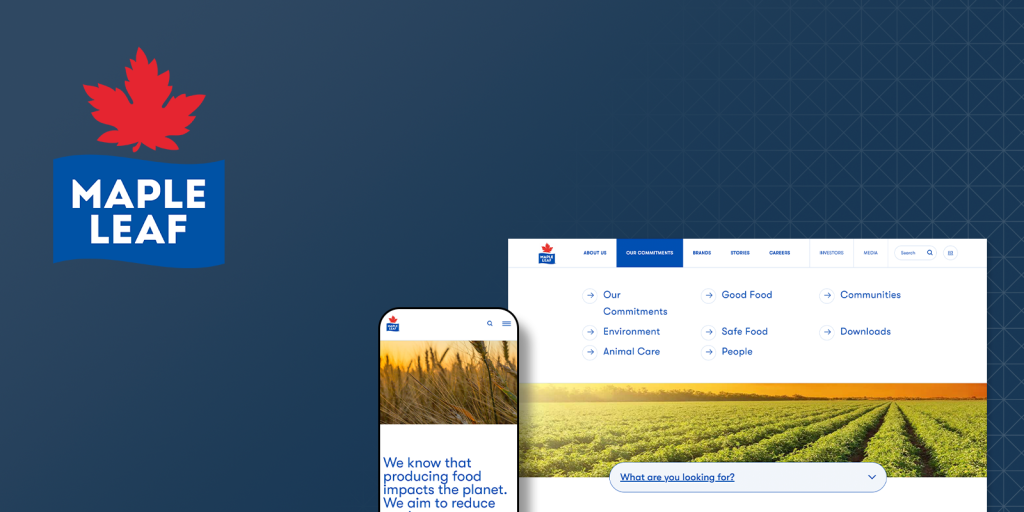AI This Week: Transformative Updates from OpenAI to The Washington Post
This week, a range of new AI enhancements and features have been unveiled, improving user experiences and operational efficiency. Meta is pioneering AI chatbots on Instagram to foster more engaging creator-audience interactions. OpenAI has introduced CriticGPT, aiming to increase coding precision. Meanwhile, apps like Pestle and Quora’s Poe are enhancing user functionality with new updates for easier recipe saving and web app creation, respectively. The Washington Post is offering more accurate environmental insights with its new AI chatbot, and Outranking has enhanced its SEO tools to better support content strategists.
Meta Tests Creator-Made AI Chatbots on Instagram
Meta is enhancing interaction on Instagram by testing AI chatbots created by users, a new initiative announced by CEO Mark Zuckerberg. Currently limited to the U.S., this testing phase is part of Meta’s broader effort to allow creators and small businesses to engage more dynamically with their audiences through the Meta AI studio.
These AI-powered chatbots, developed in collaboration with notable creators like the meme account Wasted and tech influencer Don Allen Stevenson III, will primarily be integrated into Instagram’s messaging feature. Each chatbot will be labelled AI to maintain user awareness and transparency.
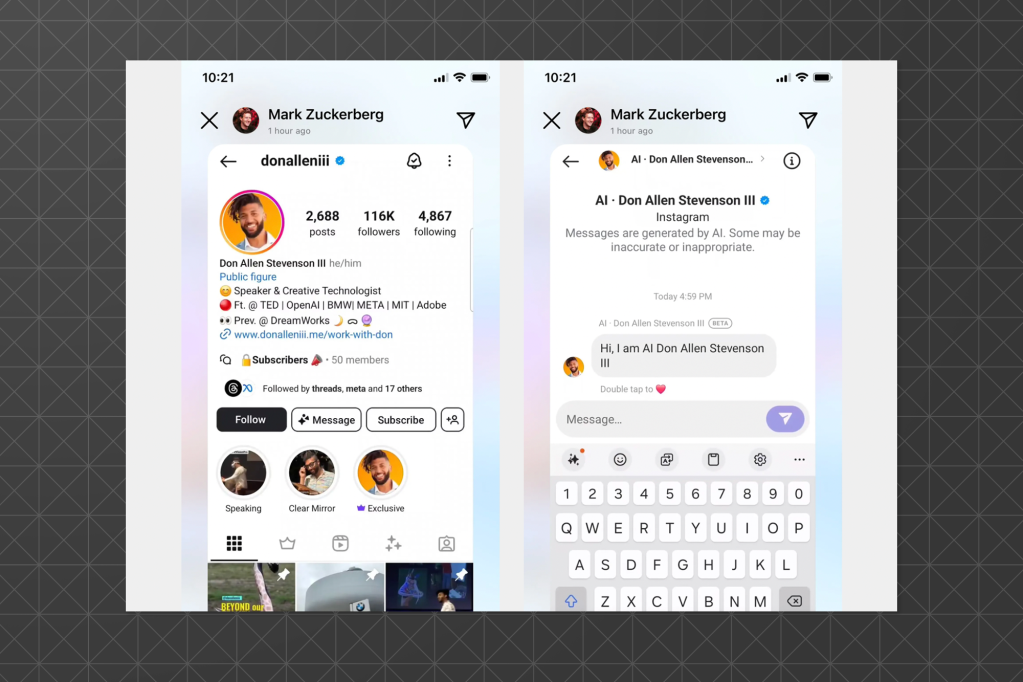
The initiative is in its early stages. Meta plans to extend access to more creators and a broader audience over the coming months, aiming for a comprehensive rollout by August.
OpenAI Unveils CriticGPT
OpenAI introduced CriticGPT, a GPT -4-based tool designed to detect and correct errors in ChatGPT-generated code, touted to improve coding accuracy by 60%. However, as the sophistication of AI increases, so does the subtlety of its errors, making them harder to catch and complicating the training process. OpenAI has started integrating these models into its reinforcement learning from human feedback (RLHF) system, acknowledging the challenges of aligning increasingly knowledgeable models. As CriticGPT rolls out, it will be intriguing to see whether it becomes an essential tool for developers or if the difficulties in managing its subtleties limit its effectiveness.
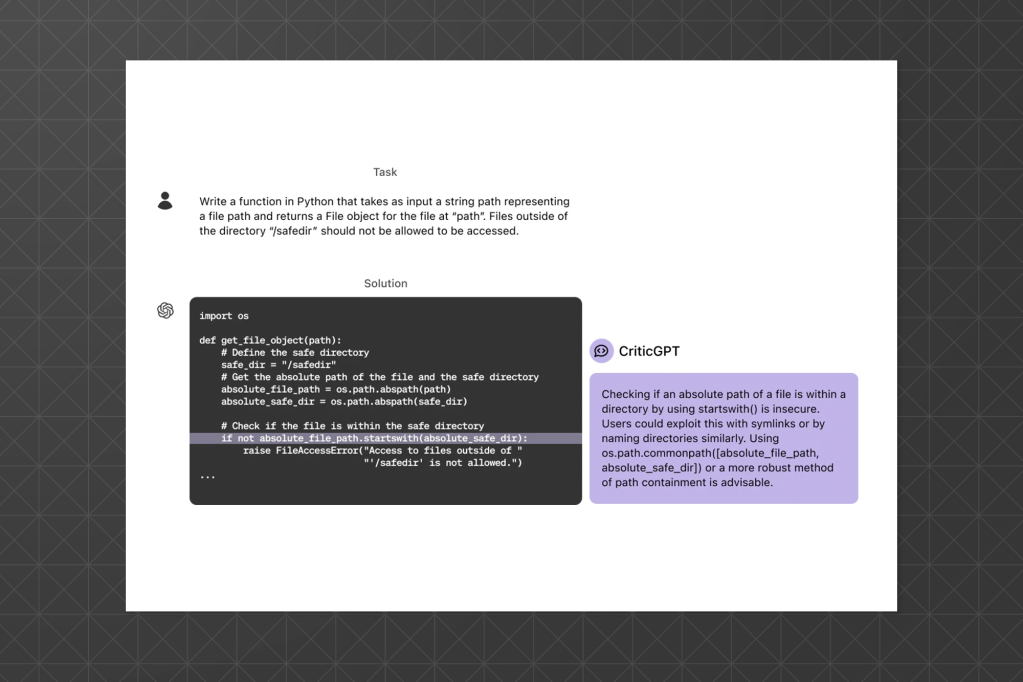
Pestle Innovates Recipe Saving with On-Device AI
Pestle, a popular recipe app, has unveiled a new feature allowing users to instantly save recipes from Instagram Reels using on-device AI, bypassing external AI services like ChatGPT. Launched by Will Bishop in 2022, Pestle was designed to streamline the recipe-saving process from cluttered websites. The latest update addresses user demands for a more efficient way to import recipes from social media, enhancing the app with nearly instantaneous recipe processing.
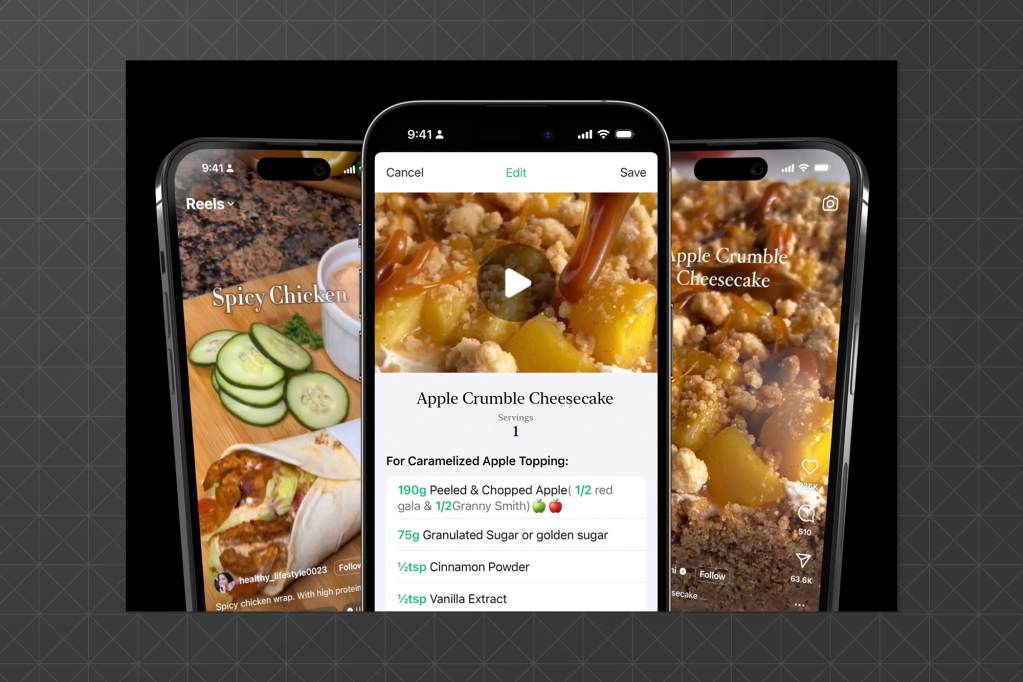
Bishop emphasized the independence from third-party AI services, highlighting faster processing times and privacy benefits. This move could set a new standard for app-based content curation, especially in how apps interact with social media platforms. The updated version of Pestle, available as a free download on the iOS App Store, includes additional features for subscribers, such as a discovery section for cooking inspiration, meal planning support for up to 14 days, and integrated shopping lists with Apple Reminders.
Quora’s Poe Enhances Interactivity with Previews Feature
Quora has elevated the functionality of its AI aggregator platform, Poe, by introducing a new feature known as Previews. This innovative tool enables users to create and share bespoke web apps directly within their chat interactions with AI chatbots like Anthropic’s Claude and OpenAI’s GPT-4o. Previews facilitate building diverse applications such as data visualizations, games, and even drum machines, all crafted through simple conversational commands with chatbots.
What sets Previews apart is its flexibility: unlike Anthropic’s Artifacts, which confines users to its proprietary models, Previews supports output in HTML, CSS, and JavaScript, enabling broader customization and integration possibilities. This capability ensures that users can customize and integrate their apps more extensively. The feature leverages the strengths of chatbots known for their programming prowess, including Claude 3.5 Sonnet and Google’s Gemini 1.5 Pro, enhancing the potential for creative and functional app development.
Although accessing Previews requires subscribing to Poe’s premium plan at $20 per month, the feature promises a richer, more interactive user experience. This launch comes amid controversies for Poe, following a Wired investigation that accused the platform of enabling unauthorized downloads of paywalled content.
The Washington Post Launches Climate-Focused AI Chatbot
The Washington Post has introduced a new AI-powered chatbot, Climate Answers, embedded within its homepage, app, and climate-related articles. This innovative tool is designed to provide readers with informed responses about climate change, sustainable energy, and environmental issues. By utilizing the vast array of articles from its climate section, which dates back to 2016, the chatbot answers user queries such as, “Should I get solar panels for my home?” or “Where in the US are sea levels rising the fastest?”

Climate Answers draws on OpenAI’s large language models, with additional experiments using Mistral and Meta’s Llama AI models. It aims to mitigate misinformation by only responding to questions with verifiable information from its own reporting archives. In cases where it cannot provide an answer, the chatbot opts to say, “I don’t know,” prioritizing accuracy over conjecture.
The tool also links the source articles from which it pulls data, ensuring transparency and further reading opportunities.
Spotlight on AI: Outranking
Outranking transforms SEO content creation with AI-driven tools that prioritize people-first content while ensuring predictable ranking success. Leveraged by leading companies worldwide, Outranking’s suite offers a comprehensive approach to SEO that moves beyond outdated methods like keyword density.
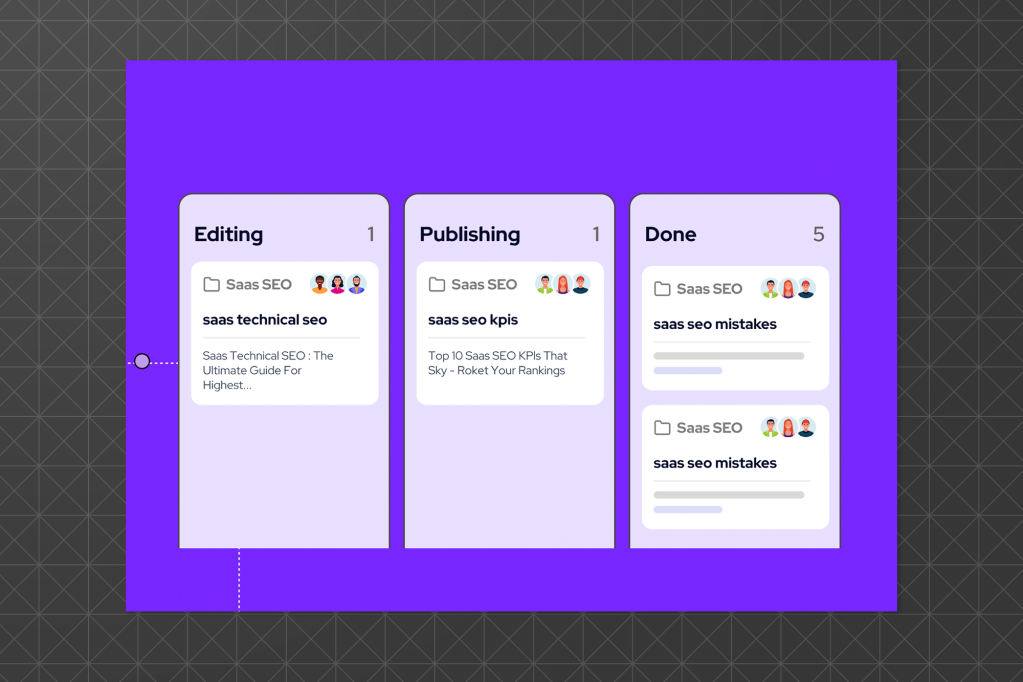
Key Features of Outranking
SEO Content Checker and Automatic Optimizer: Real-time content scoring using crucial on-page SEO metrics, integrated with Google NLP and OpenAI GPT-4 technology for dynamic optimization.
SEO Writing Assistant: Generates personalized SEO content that aligns with your brand’s style, helping to outperform competitors and enhance originality.
Keyword Prioritization and SEO Strategy: Advanced keyword research tools allow for strategic clustering and prioritization to target easy wins and competitive edges.
SEO Content Briefs and Planning: Streamline content production with AI-generated SEO titles, detailed outlines, and content briefs tailored to your brand’s needs.
On-Page Quality Checker and Real-Time SEO Analysis: This tool ensures content quality and optimization, checking against plagiarism and keyword stuffing while keeping the content fresh and relevant.
AI Article Writer: Produces hyper-personalized, factually accurate drafts quickly, reducing editing time and enhancing content value.
Streamlined SEO Content Production with Workflows: Facilitates efficient content planning, writing, editing, and publishing, bolstered by robust task management tools.
Automatic Interlinking with Semantic Relations: Boosts page authority by linking underperforming pages with higher-ranking related content, potentially multiplying traffic.
Outranking’s approach is backed by data and automation. It offers tools that automate tedious SEO tasks and provide strategic insights, making it indispensable for content strategists aiming to excel in the digital space.
Keep ahead of the curve – join our community today!
Follow us for the latest discoveries, innovations, and discussions that shape the world of artificial intelligence.



